R ISING S UN , F ALLING S KIES
CONTENTS
PROLOGUE
Few events have ever shaken a country, or become part of the national consciousness, in the way that the Japanese attack on Pearl Harbor affected the United States. Even today, more than seven decades after that fateful Sunday, almost every American knows the date December 7, 1941. Everyone knows what happened on that date the start of World War II in the Pacific.
It is common knowledge. It is also wrong.
For World War II in the Pacific did not begin at 7:55 am local time on December 7, 1941 with the massive surprise attack on the base of the United States Pacific Fleet at Pearl Harbor: an attack that sank virtually all the fleets battleships and left it, in the word of one official message, immobilized and unable to help fight against the Japanese hell that was about to descend on Southeast Asia.
By 7:55 am on December 7, World War II in the Pacific had been in progress for more than eight hours.
The first act of the war was not nearly as spectacular as Pearl Harbor, but it was just as dramatic. And deadly. It took place over the South China Sea, off the coast of what is now Cambodia. There, an Australian pilot by the name of Patrick Bedell and his flight crew, operating a British Royal Air Force Consolidated PBY Catalina flying boat out of Singapore, was intercepted by Japanese fighters. Shot down in an exploding fireball, Bedell and his flight crew were killed, their bodies never found.
Their crime? They had gotten too close to the Japanese invasion fleet destined for British Malaya, now called Malaysia.
While Pearl Harbor attracted all the headlines, for obvious reasons, the deaths of Patrick Bedell and his crew were actually the more significant incident. For Pearl Harbor was only the means to an end. Bedell and his crew were standing in the way of the ultimate goal: the conquest of tin- and rubber-filled Malaya with its fortress of Singapore and the oil-rich islands around the Java Sea Borneo, Sumatra, and Java.
In the time immediately after Pearl Harbor, the war in the Pacific became something of a blur, as the Japanese juggernaut quickly racked up conquest after conquest. Lost in that blur were the efforts of Patrick Bedell and small groups of British, Australians, Americans, and Dutch, whom the attack on Pearl Harbor had left largely isolated in the Far East, to fight the Japanese advance alone.
The back of their resistance would be broken by their defeat at the hands of the Japanese at the Battle of the Java Sea. But by then the Java Sea Campaign, as the US Navy would later call it, was largely decided. It had long since stopped being a test of arms and had become a test of character.
These Allied troops were thrown together by circumstances; cut off from reinforcement or in many cases retreat; operating with old, obsolete equipment and dwindling supplies; unable to get any rest, and, perhaps the most daunting feature of this campaign, enduring Japanese air attacks day after day after day. With few notable exceptions, their goal was not to win that was impossible but to delay the Japanese. Facing a relentless and thoroughly vicious enemy, these Americans, British, Dutch, and Australians responded not by running or surrendering, but by defiantly holding on, trying to buy weeks, days, hours. They were the modern 300 Spartans of Leonidas, a thin line of defenders sent forward to delay a thoroughly alien invader until a better line of defense and offense could be established.
But the knowledge that they were alone, cut off, outnumbered, outgunned, would take its toll. The certainty that every day with the rising sun would come Japanese bombs falling from the sky would eventually take its toll. This is evident from the titles of some of the relatively few books written about parts of this campaign: The Fleet the Gods Forgot; The Lonely Ships; Every Day a Nightmare; Playing for Time; Another Six Hundred.
These were the men of the US Asiatic Fleet, the British Eastern Fleet, the Royal Netherlands Navys East Indies Squadron and the Royal Australian Navy and their supporting units like Patrol Wing 10, the Royal Netherlands Naval Air Service, the US Army Air Forces 17th Pursuit Squadron (Provisional), and submarine crews from all these fine nations.
This is their story the story of how they ended up in the Java Sea Campaign, and of how they fought, endured, and suffered, through those first months of the War in the Pacific. This book is for them, to them and to their memory. It aims to preserve their exploits, their sacrifices, and their accomplishments.
Many books have covered various parts of the Java Sea Campaign commemorating fleets such as the US Asiatic Fleet, Force Z, and the East Indies Squadron, individual ships like the Houston, the Perth, and the Exeter, units such as Patrol Wing 10, the Far East Air Force, and the Royal Netherlands Naval Air Service. But few have covered the naval campaign in its entirety from the hammer blows of the destruction of the Far East Air Force and Force Z in the first days of the war, which crippled Allied resistance in the Far East, to the attempted escape of the remnants of ABDACOM and its naval forces in the early days of March 1942. This book will attempt to fill that void so that, hopefully, the struggles of our servicemen in the early days of the Pacific War may be better understood and appreciated.
To preserve the memory of these men and their achievements, this book is written not just for historians and scholars (both amateur and professional), but also to people new to history, looking to explore for the first time our fascinating past and what it can teach us. It therefore tries to simplify. The use of military acronyms is kept to a minimum, time is presented in the civilian, 12-hour format (local unless otherwise noted), and military terms such as crossing the T or line turn are explained in either the text or the notes.
The reader is encouraged to check out the endnotes. Not only do they form the factual basis for this narrative, but they are also a concerted effort to acknowledge previous histories detailing various elements of the Java Sea Campaign. Those authors and researchers deserve credit for their efforts at preserving the memory of this overlooked World War II campaign.
Perhaps most importantly, the reader should be aware of one critical consideration: every word of this book, every conclusion, every praise, every criticism, is written from the perspective of an attorney sitting safe at a desk some seven decades removed from the events described herein, who will hopefully never be subject to the horrors experienced by the subjects of this book, writing not because the job requires it, but out of a love of and fascination with the Java Sea Campaign that has existed since childhood. It is in my capacity as an attorney that I made a shocking discovery. While writing this book, I was asked to provide legal assistance to a veteran of the Pacific War who had served in Iwo Jima and Okinawa, and his wife. After the matter was completed, I discussed the war with the veteran and heard some remarkable stories. I thanked him for his service in the Pacific War, in protecting the freedom of speech that allows the publication of this book. After that, I left.
A half hour later I received a call from his wife. She told me how meaningful my thanks had been to him, because, as he explained it to her, he had never been thanked for his World War II service.
To me this was both shocking and shameful.
So, in my own small way, Rising Sun, Falling Skies is an effort to say to these heroes of the Pacific who served in the Java Sea Campaign with little in the way of appreciation or even acknowledgment, and to all of our veterans and our current servicemembers who are deployed around the world protecting the freedoms we enjoy, though we may not fully appreciate them, these two words:

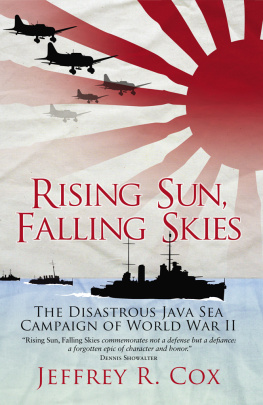





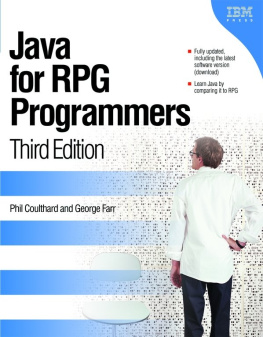

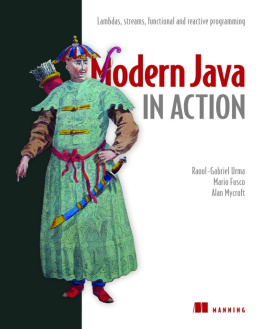
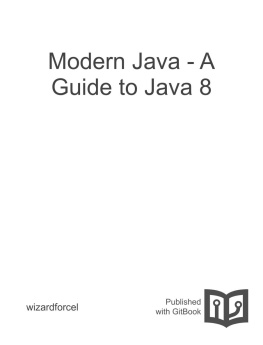
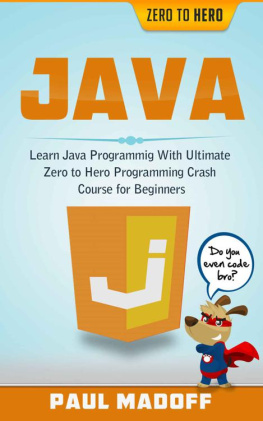
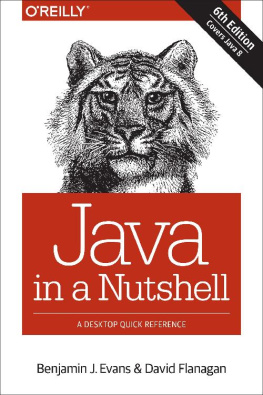
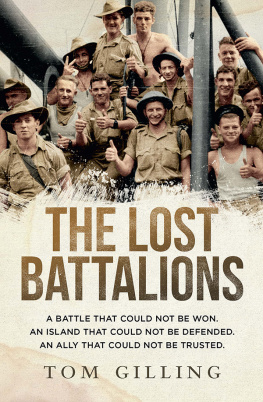
![Nzenwa I. U - Java Basics: An intro to Java and the Java developement [development] environment](/uploads/posts/book/109245/thumbs/nzenwa-i-u-java-basics-an-intro-to-java-and-the.jpg)

